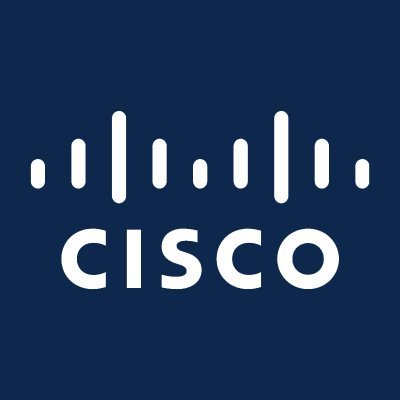
Cisco Behavioral Interview for Data Analyst (Engineering) — Collaboration, Customer Impact, and Data Ethics
This behavioral interview mirrors Cisco’s structured-yet-conversational style and is typically conducted over Webex by a hiring manager or senior analyst/PM from Engineering or the Customer Experience (CX) organization. Expect STAR-based probing, frequent follow‑ups to test depth, and focus on how you partner across a large, matrixed, global company. What it covers at Cisco: - Collaboration in a matrix: Working with product managers, CX, sales operations, and platform/data engineering to deliver insights that influence routing/switching, Meraki, Webex, Security, or Full‑Stack Observability initiatives. Interviewers look for examples of aligning conflicting priorities, clarifying requirements, and negotiating realistic timelines with distributed teams. - Customer and business impact: Connecting analyses to measurable outcomes (e.g., feature adoption for Webex/Meraki, renewal health, incident MTTR, network performance KPIs). Be ready to quantify impact and explain how you selected the right success metrics and tradeoffs. - Ambiguity and prioritization: Handling fuzzy problem statements (e.g., executive ask for a new dashboard) by scoping an MVP, validating data definitions, and creating a phased delivery plan. Cisco values calm triage during high-visibility moments and clear expectation-setting. - Data governance, privacy, and security: Operating with a security-first mindset when handling potentially sensitive usage or telemetry data. Expect questions about protecting PII, adhering to data classification/need-to-know practices, and designing reviews or audits before broad rollouts. - Influence without authority and storytelling: Turning complex analysis into narratives for non-technical stakeholders (often exec or customer-facing). Concrete examples of driving decisions through clear visuals, tradeoff framing, and decision logs are important. - Inclusion, collaboration, and Cisco’s Conscious Culture: Creating psychologically safe discussions, mentoring, and ensuring diverse perspectives are represented in analyses (e.g., avoiding metric bias across regions or segments). Demonstrate how you embody “We Are Cisco” values in everyday work. - Learning mindset and operational excellence: Postmortems on failed experiments or misreads of data, tightening definitions/SLAs, and instituting reusable artifacts (playbooks, metric catalogs, QA checks) that scale across teams and acquisitions. Common prompts you’ll face: - “Tell us about a time you aligned multiple global stakeholders on a metric definition that was causing conflicting dashboards.” - “Describe a high-pressure executive request where the data was messy or incomplete. How did you de-risk decisions and communicate tradeoffs?” - “Give an example where privacy/security concerns changed your approach to analysis or data sharing.” - “Walk us through an insight that improved adoption/renewals or reduced incident time-to-detect/resolve — how did you measure success?” - “Describe how you built trust and inclusion on a cross-functional team spanning time zones.” Assessment criteria aligned to Cisco’s culture: customer focus and measurable impact; collaborative execution in a matrix; judgment under ambiguity; integrity and security-by-design; clear, audience-aware storytelling; inclusivity and growth mindset. Expect structured scoring on depth of examples, outcomes, and reflection rather than rote memorization. No live coding is expected in this behavioral round; lightweight whiteboarding or artifact walkthroughs may be used to probe communication and decision-making.
60 minutes
Practice with our AI-powered interview system to improve your skills.
About This Interview
Interview Type
BEHAVIOURAL
Difficulty Level
3/5
Interview Tips
• Research the company thoroughly
• Practice common questions
• Prepare your STAR method responses
• Dress appropriately for the role